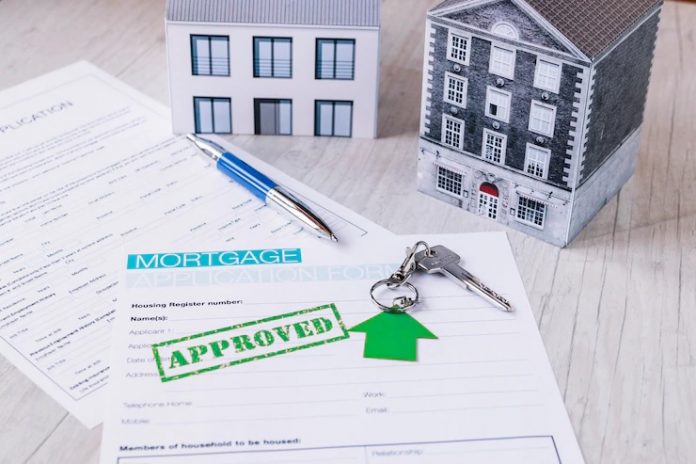Reverse Mortgage: Is It A Boon Or A Bane?
A reverse mortgage is a type of loan that allows homeowners who have paid off their mortgage in full or in part to access their equity.
Reverse mortgage funds are structured as lump sums or lines of credit that may be accessed as and when required and are only accessible on primary residences and typically those over the age of 62.
A reverse mortgage allows a qualifying homeowner to borrow money against their home’s equity.
The interest is calculated every month, and the loan is not due until you move out or die. Instead, interest is charged to the loan sum each month, compounding the figure.
There is a one-year window to terminate the loan if the homeowner moves out before the debt is repaid. If the borrower dies, the estate (or an heir to the estate) is responsible for repaying the debt, but not more than the house’s value.
Retirees and pensioners may benefit from loans like this since they are tailored to fulfill their basic financial needs.
Advantages Of Reverse Mortgage
-
Manage Your Finances Better
Many retirees face a significant decline in their income when they retire, and the mortgage payments they make each month are generally their most significant expense. Using a reverse mortgage, you may maintain your current standard of living while increasing your take-home pay.
-
No Need To Relocate
Reverse mortgages allow you to age in your present home instead of relocating to a more affordable one (and potentially staying near friends and family). Reverse mortgages come with a charge, although this price may be less costly than moving, buying a new home, or renting an apartment in a new location.
-
You Are Not Required To Pay Taxes On Your Earnings
Reverse mortgages are considered “loan proceeds” by the Internal Revenue Service, which means that the money does not count as taxable income. However, you should obtain the advice of a tax consultant before agreeing to a reverse mortgage since tax restrictions might be challenging to grasp.
-
Even If The Debt Exceeds The Value Of Your Home, You Are Still Protected
There is a possibility that the amount of a reverse mortgage will exceed the property’s genuine market value if interest rates rise. Because a reverse mortgage is “non-recourse,” the amount of debt owed will never be more than the home’s value.
Consequently, no other assets or your heirs may be used to satisfy the mortgage lender’s debt.
Disadvantages Of Reverse Mortgage
-
You Will Be Responsible For The Costs
In addition to lender fees, FHA insurance payments, and closing expenses, reverse mortgages also incur other expenditures. Origination costs are limited to a maximum of $6,000 per transaction.
These costs may be added to the loan balance, but the borrower will be saddled with more debt and less equity.
-
You Can’t Deduct Interest On Your Taxes Until The Loan Is Paid
Reverse mortgages do not allow you to deduct your interest as you did when you paid off your original mortgage, so you may have taken advantage of this tax benefit while paying off your original mortgage. You’ll have to wait until the loan is paid in full for this incentive.
-
You May Inadvertently Violate Other Programs’ Requirements
There is a danger of breaking asset limitations for government programs like Medicaid and Supplemental Security Income if you take out a reverse mortgage (SSI). Consult a legal reverse mortgage lender specializing in elder law before commencing your search for a reverse mortgage scheme.
-
You Won’t Get As Much If You Go With The Fixed-rate Option
The structure allows for both an adjustable and a fixed interest rate to be selected from a menu when it comes to financing options.
On the other hand, fixed-rate financing will limit your ability to make use of your home’s equity to the extent that a reverse mortgage with an adjustable interest rate would allow.
Conclusion
We hope you enjoyed this article… What are your thoughts on Reverse Mortgage?
Fact Check
We strive to provide the latest valuable information for our readers with accuracy and fairness. If you would like to add to this post or advertise with us, don’t hesitate to contact us. If you see something that doesn’t look right, contact us!





